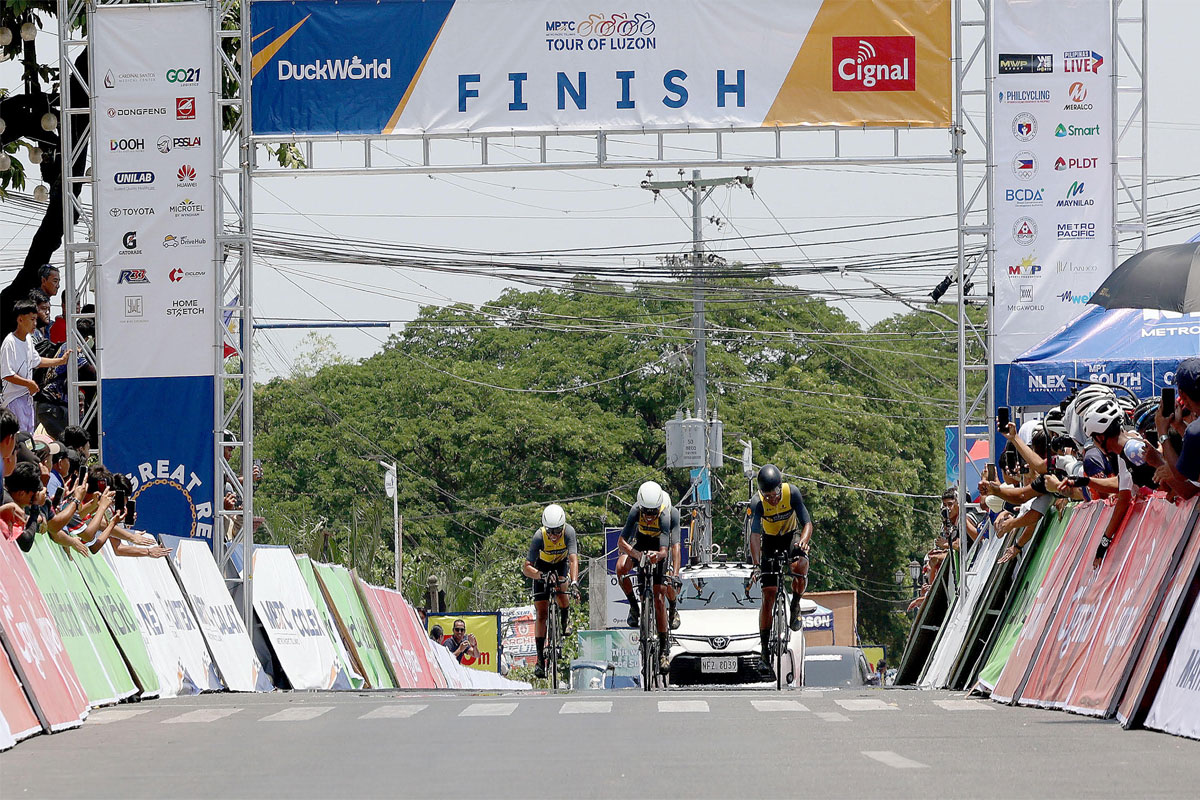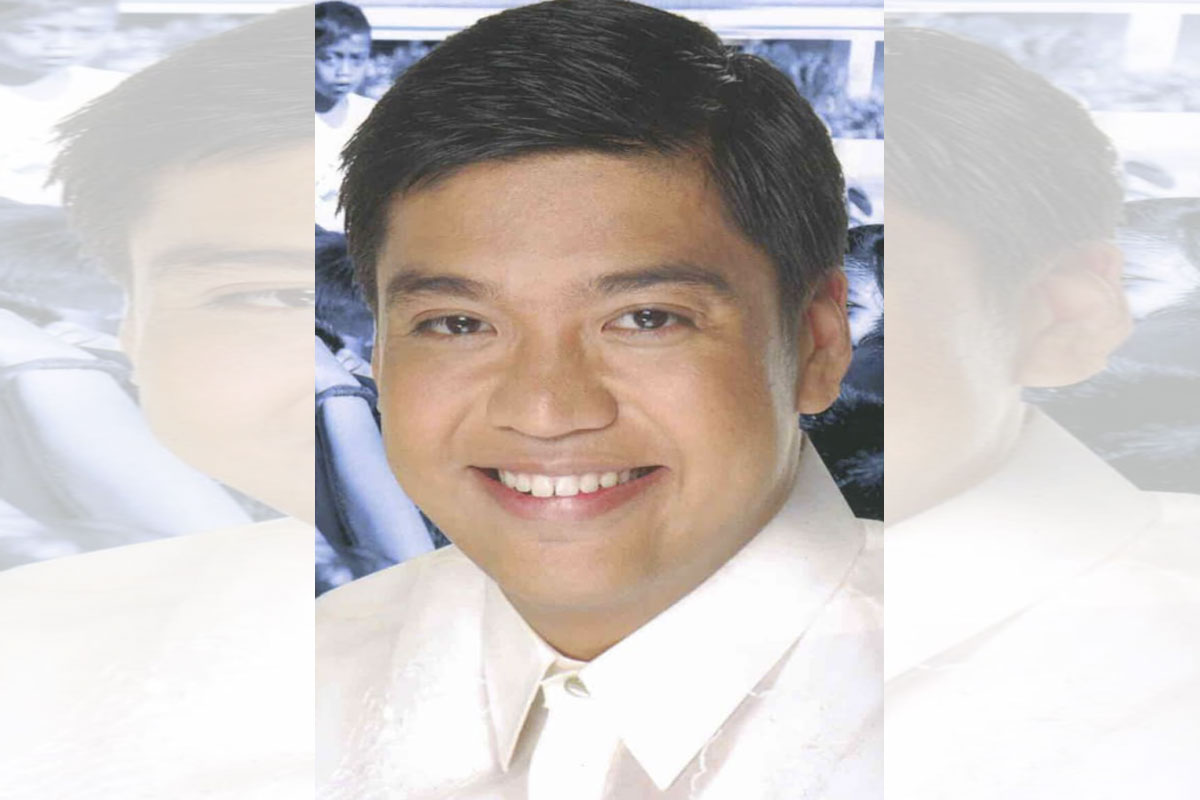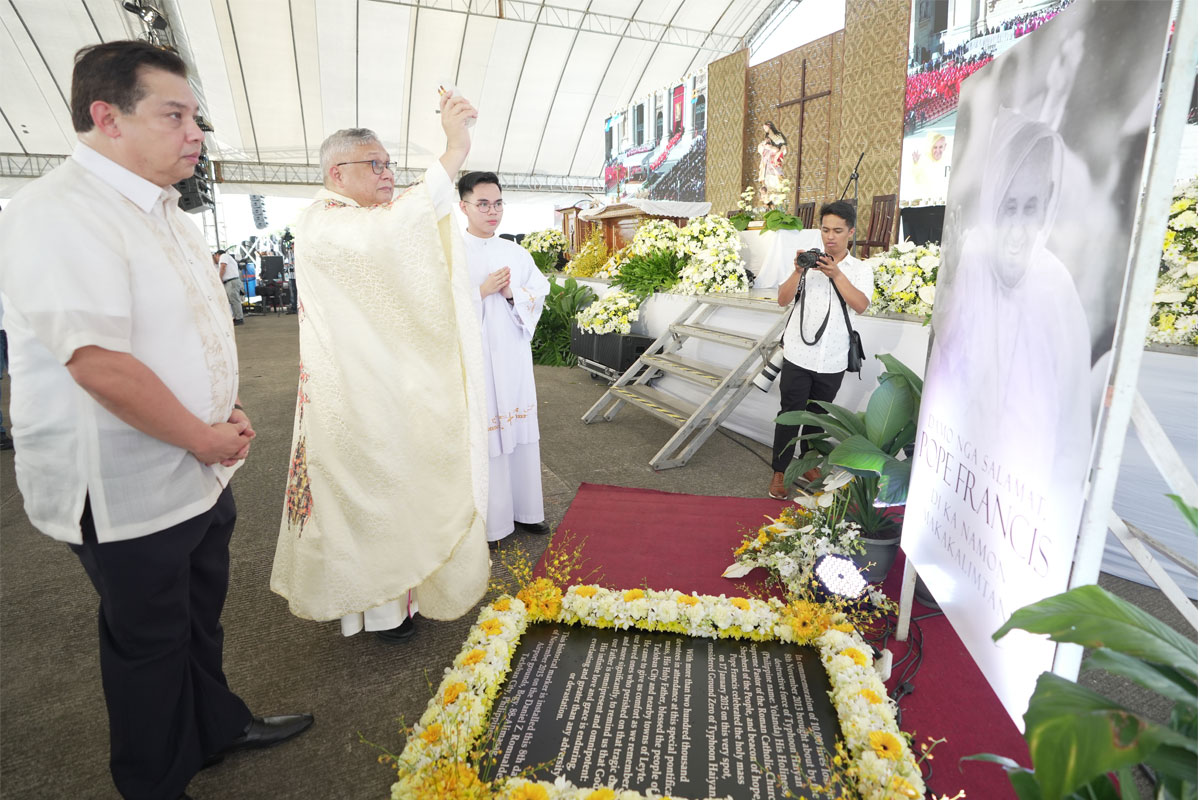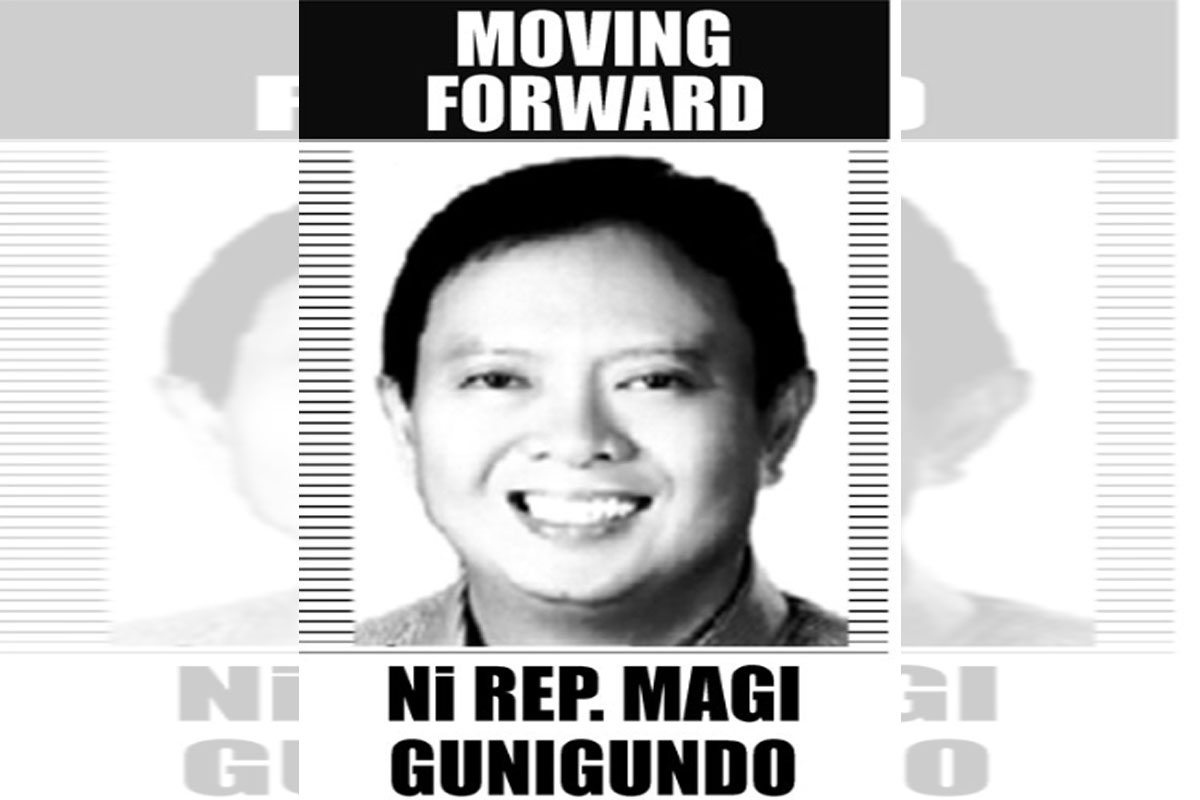
17K tribesmen, S. Mindanao folk get birth certificates thanks to PRO11 R-PSB
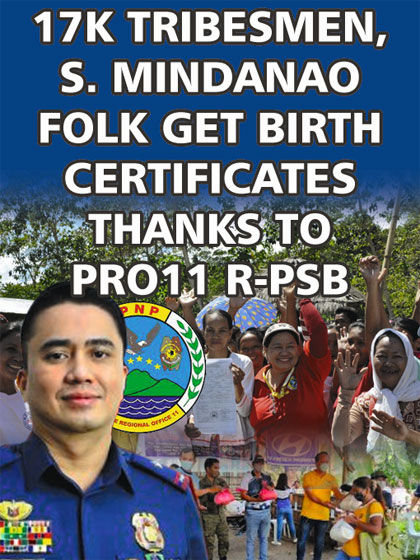 AROUND 17,000 indigenous people and other poor folks living in so-called Geographically Isolated and Disadvantageous Areas in Southern Mindanao are now qualified to avail of different government services, thanks to the birth certificates they have finally acquired thru the help of the Police Regional Office 11’s Revitalized-Pulis sa Barangay or R-PSB, the Journal Group learned yesterday.
AROUND 17,000 indigenous people and other poor folks living in so-called Geographically Isolated and Disadvantageous Areas in Southern Mindanao are now qualified to avail of different government services, thanks to the birth certificates they have finally acquired thru the help of the Police Regional Office 11’s Revitalized-Pulis sa Barangay or R-PSB, the Journal Group learned yesterday.
“Since 2020 to date, our personnel from the PRO11 Revitalized-Pulis sa Barangay have helped thousands of IPs in the region who have no legal identity for so long get their birth registration papers,” said PRO11 Deputy Regional Director for Administration, Brigadier General Edgar Alan O. Okubo.
The member of PNP Academy Class 1992 is supervising the activities of the PRO11 R-PSB which was activated to provide basic government service to poor tribesmen in the region and keep them away from the recruitment of the New People’s Army.
The Journal Group learned that for year, these thousands of poor Southern Mindanao residents have been living without any proof of their identities and nationality, a problem which has been taken advantage of the NPA.
However, with the help of members of the R-PSB conceptualized by former PRO11 director, now Area Police Command-Eastern Mindanao director, Major General Filmore B. Escobal, these poor folks have received their birth certificates since 2019, the processing of their documentation papers facilitated by the local police.
It turned out that the poor villagers residing in far-flung areas of Southern Mindanao have been living without any government identification papers they need to acquire their Certificate of Live Birth, prompting the PRO11 come up with the noble program to register them.
A birth certificate is very important as it is used to authenticate one’s identity and nationality. The document is needed in applying for a driver’s license or passport and other government-issued identity documents.
It is also vital in gaining access to inheritance or legal work and most importantly, it helps prevent child exploitation. Thus, calls have been mounting for all Filipinos specifically those living in far-flung areas of the country not to take birth registration following the birth of a child for granted.
Lack of a birth certificate or erroneous details in it will for sure pose a problem for the child when he grows up especially when he studies, apply for a passport or secure other government identification cards needed for employment when he/she grows up.
Without it, Filipino children may look invisible to the government and could miss out on their rights for child protection as well as essential services like health care and basic education.
Officials explained that birth registration is the process of recording a child’s birth. It is actually the permanent and official record of a child’s existence and provides legal recognition of that child’s identity since it establishes fact such as where and when the child was born and who his/her parents are.
Sad to say, many Filipinos living in far-flung parts of the country, especially those in areas that are hardly reached by the government except for the police force, miss on officially registering their newborn child.
Blame it on poverty and the lack of education or awareness of it, many poor parents have failed to register the birth of their children who end up growing and having their own families without birth certificates.
In many modern countries, child registration is a must. The program is aimed at protecting children from violence and abuse and exploitation. Officials say that without a birth certificate, children are unable to prove their age and thus are put at a much higher risk of being forced into early marriage, child labor or even recruited into the armed services.
Birth certificates can also help protect migrant and refugee children against family separation, trafficking and illegal adoption since they can prove their nationality.
Birth registration is almost universal in most high-income or First World countries. However, the World Health Organization (WHO) says that in low and middle-income countries, one in four children under age five or roughly 166 million are not registered.
WHO says that half of the 166 million children live in just five countries, namely the Democratic People of Congo, Ethiopia, India, Nigeria and Pakistan.
Since its activation, the R-PSB has not only facilitated the birth registration of the Ips but have also helped build roads, artesian wells and other potable water distribution system and schools where they teach young tribesmen basic primary education with the assistance of different government agencies and local government units.
Last July 18, the PRO11 R-PSB facilitated the transport and registration of 120 more Ips belonging to the Matigsalug tribe to Davao City to enable them to participate in the forthcoming Sangguniang Kabataan and barangay elections.
“We are doing this to help these IPs exercise their right to suffrage since they have no legal identity for so long and thus cannot vote or avail different government services,” Brig. Gen. Okubo said.
Since 2020, around 17,000 IPs belonging to different tribes in Southern Mindanao have gotten their birth certificates thru the help of the R-PSB.
The R-PSB program has been lauded by the national government as it has been instrumental in providing civil registration for people living in remote areas in Mindanao specifically children who, on paper were never born prior to the help they got from the PRO11.
The birth certificate allows the IPs to avail of government services including education for their children and even livelihood loans and medical benefits.
These IPs for long have no capability to get their birth certificates for lack of transport and knowledge on how to get their correct birth registration papers.
Not until the arrival of the R-PSB officers in their villages. These policemen have been assigned in GIDAS areas where they directly communicate with villagers to learn their problems and other day-to-day concerns.
Having finally acquired their birth certificates, a significant number of IPs in Southern Mindanao now have legal access to privileges and protections extended by the government and other institutions that require proof of identity including birth registration.
As a result, they now have access to healthcare, education, the government’s conditional cash transfer programs and other financial help.
The R-PSB program of Maj. Gen. Escobal was continued by Brig. Gen. Benjamin H. Silo Jr. when the latter was designated as Southern Mindanao police head last March 1.
Okubo is the overall supervisor of the program.
The presence of the R-PSB personnel in poor villages in Southern Mindanao is crucial since they are the ones assisting the residents in filling up their application papers accurately.
“Our R-PSB personnel in fact have assisted many of the poor residents who don’t know how to read or write in filling up their application papers and affixing their thumbmarks on the documents. Many of the applicants were also taught the basics of reading and writing by our R-PSB officers, enabling them to affix their own signatures on their application papers,” Brig. Gen. Maj. Gen. Escobal said.
Okubo said their R-PSB personnel in many cases were also the ones who transmitted the tribesmen’s application papers to concerned government agencies knowing fully well that the poor folks don’t have the capability to immediately deliver their application papers on time.
“This is part of our ongoing program to bring the police much closer to the hearts of the community specifically those living in far-flung areas of Southern Mindanao which in the past are known for being taken advantage of by the New People’s Army to recruit members and supporters,” he explained.
The PRO11 since 2019 has enjoyed the full support of local residents as its personnel have helped construct roads, school buildings, artesian projects and water system for local tribesmen and other poor folks in the region.







